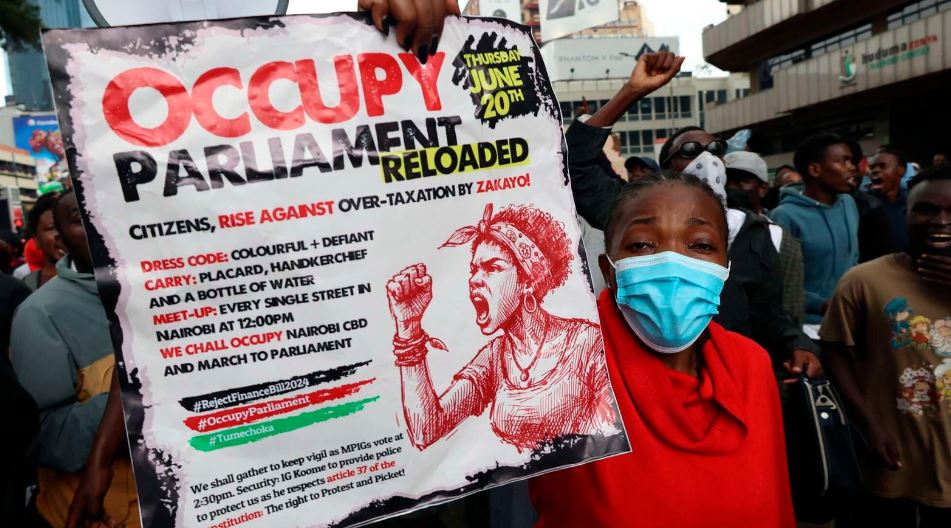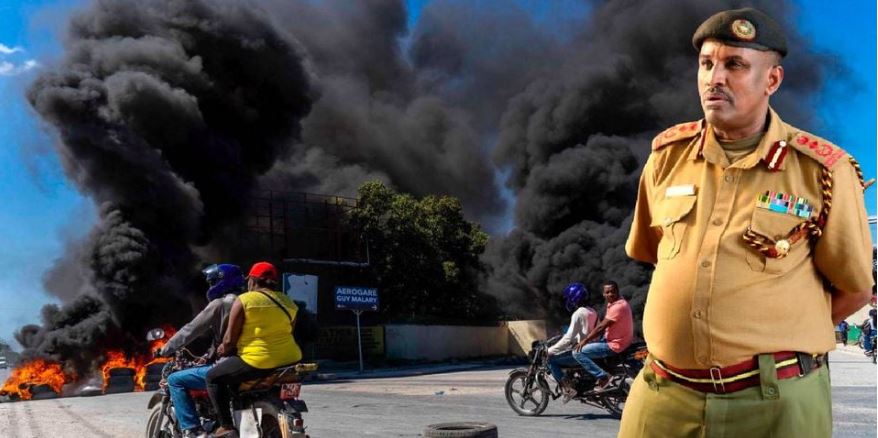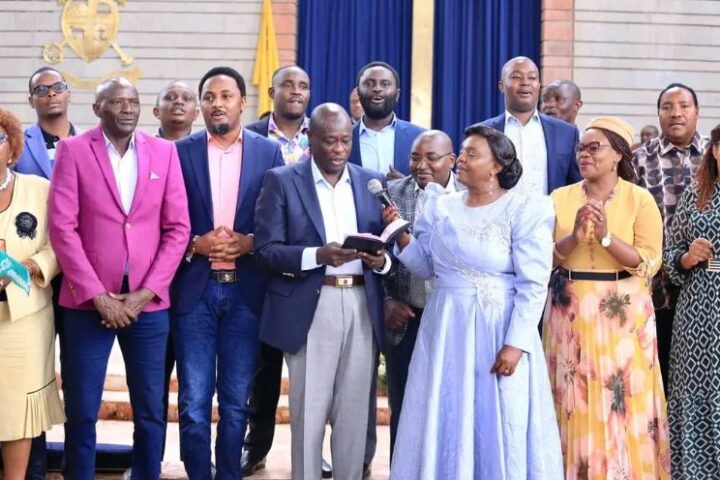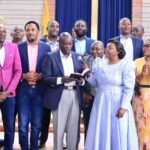 Various rights groups led by Amnesty International and the Law Society of Kenya (LSK) have strongly criticized potential internet and mass media disruptions during this week’s demonstrations against the Finance Bill, 2024.
Various rights groups led by Amnesty International and the Law Society of Kenya (LSK) have strongly criticized potential internet and mass media disruptions during this week’s demonstrations against the Finance Bill, 2024.
In a joint statement on Monday, the organizations pointed out that such disruptions could heighten national uncertainty and violate fundamental human rights. They underscored the crucial role of the internet and mass media in safeguarding the public’s right to information and freedom of expression.
“The internet and mass media are crucial for ensuring public access to information, citizen self-expression, e-commerce, and the digital economy, which contributes nearly 10 per cent to the GDP,” the statement highlighted.
Other signatories to the statement included Access Now, Article 19 Eastern Africa, the Police Reforms Working Group, the Bloggers Association of Kenya, the Kenya Human Rights Commission, and the Kenya Medical Association.
The groups further argued that shutting down or limiting internet access, suppressing hashtags(#RejectFinanceBill2024), or imposing bans on live media coverage would constitute a severe infringement of basic human rights.
“Disrupting mass communication will also increase national uncertainty, cut off the public and authorities from reliable updates, choke the timely deployment of emergency medical services, and hinder the tracing of missing persons,” the statement warned.
They stressed that such measures would undermine people’s legitimate rights to organize, protest, and participate in policymaking. They added that the hashtag #RejectFinanceBill2024 symbolizes citizens’ engagement and discussions on the Finance Bill and its implications for the national economy and livelihoods.
The organizations also cautioned that internet shutdowns can disrupt online transactions, slow economic activity, and cause harm.
Recommendations
Referring to the ACCESS 2023 report, which highlighted how total or partial internet shutdowns are increasingly used by governments in response to public protests, often concealing serious human rights violations, state-sanctioned violence against peaceful demonstrators, abductions, and killings, the groups made several recommendations for Kenya.
They called on Kenyan authorities to uphold the rights to conscience, opinion, self-expression, and association as guaranteed by national laws and international frameworks.
The government is urged to recognize the vital role of the internet and mass media in policy discussions and refrain from any form of internet shutdown or media interference.
“We urge the Government of Kenya and the Communications Authority to affirm that the people of Kenya can access an open, reliable, secure, and free internet and a free press at this critical time,” the groups emphasized.
Furthermore, the organizations appealed to social media platforms to resist any attempts by the government to block or restrict access during the protests, asserting that censorship or limitations on social and mass media would be illegal and counterproductive.
Protesters are preparing for the second phase of Occupy Parliament demonstrations starting today, coinciding with the National Assembly’s vote on the contentious Finance Bill, 2024, in its third reading.
“A national strike, Day 5, Tuesday, June 25: #OccupyParliament. Gen Zs are granting all hard-working Kenyans a day off. Parents, keep your children at home in solidarity,” announced a poster detailing the plans.
On Wednesday, demonstrators will visit the offices of the Independent Policing Oversight Authority (IPOA) and the Inspector General of Police to demand justice for the two individuals killed during the protests: 29-year-old Rex Masai and 21-year-old Evans Kiratu.
Thursday will see protesters marching to the State House in Nairobi to demonstrate their disapproval as President William Ruto is expected to assent to the bill.








